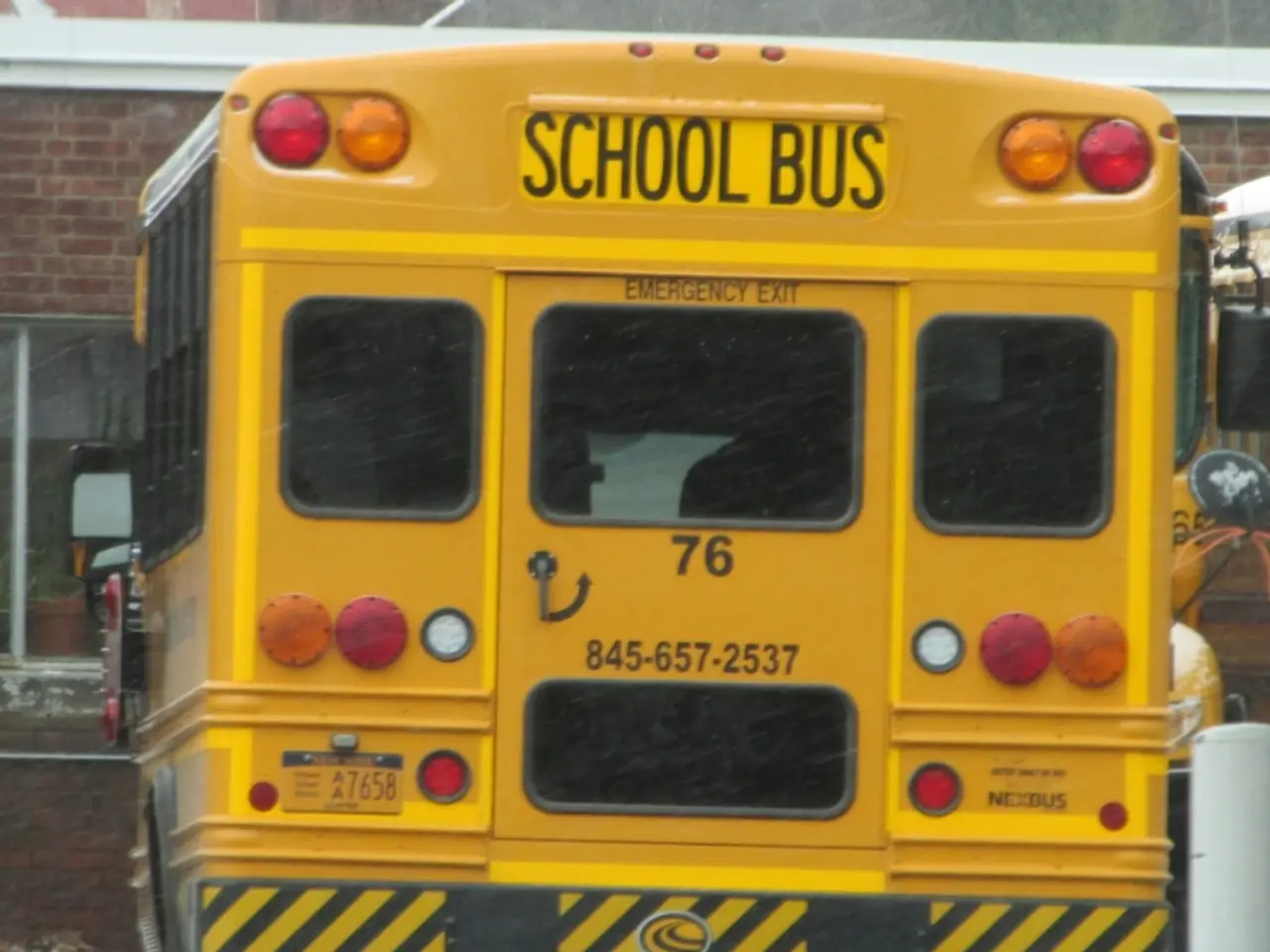Education Minister Criticizes Akhilesh Yadav for Overlooking School Education
The education landscape in Uttar Pradesh has become a hot topic of debate between the BJP and the Samajwadi Party (SP), with each party presenting starkly different narratives about the state of school education in the region.
Uttar Pradesh Basic Education Minister Sandeep Singh recently criticized the former Chief Minister Akhilesh Yadav and the previous SP government for neglected school education. He claimed that under the SP, education was crippled by disorder, corruption, and a lack of infrastructure, and that as many as 3.45 crore children were out of school in 2015 due to these issues.
In contrast, the BJP government, which took office in 2017, claims significant improvement in school education. Major initiatives under BJP include Operation Kayakalp, School Chalo Abhiyan, the creation of CM Model Composite Schools, Atal Residential Schools, and the upgrading of over 1,700 schools into PM Shri Schools. The BJP government has invested over ₹11,500 crore in Operation Kayakalp to provide basic amenities in council schools, and through School Chalo Abhiyan, more than 27 lakh students have enrolled this year alone.
The minister also highlighted the implementation of digital monitoring to ensure transparency in school attendance, resources, and academic performance, and claimed that Class 3 students in Uttar Pradesh are now performing above the national average according to the ASER 2024 and PARAKH Survey 2024 reports.
However, the SP leadership strongly contests BJP’s narrative, alleging that BJP has closed over 26,000 primary schools and merged about 5,000, reducing access for poor and rural children. Akhilesh Yadav and other SP leaders accuse BJP of prioritizing liquor shops over education infrastructure, and pushing education privatization, which they say harms the poor and undermines the right to education.
In summary, BJP highlights major infrastructure and quality improvement efforts in school education since 2017, claiming a revival from a neglected system under SP. Meanwhile, SP critiques BJP for school closures and policies they see as detrimental to accessibility and equity in education. This reflects a stark political contrast with BJP emphasizing expansion and modernization, while SP focuses on access and retention issues under BJP’s rule.
One point of contention that remains unclear is the minister's stance on the allegations of caste politics, appeasement, and the copy mafia in the education system under the SP. Additionally, the minister did not mention the specific number of children out of school under the SP rule in 2015, nor did he discuss the enrollment of students through School Chalo Abhiyan.
As the election season approaches, the debate over school education in Uttar Pradesh is expected to intensify, with both parties presenting their vision for the future of education in the state.
- The debate about education in Uttar Pradesh, between the BJP and the Samajwadi Party (SP), extends to the issue of news coverage, as each party presents their version of school education's state.
- A recent development in the education-and-self-development sector in India involves the BJP criticizing the Samajwadi Party for supposed neglect of school education, citing a high number of children out of school in 2015.
- General news outlets report on the contrasting policies between the BJP and SP regarding school education in Uttar Pradesh, with the BJP laser-focused on infrastructure and quality improvement, while the SP emphasizes access and equity issues under BJP's rule.
- In the realm of policy-and-legislation, the SP leadership raises concerns about the BJP's closing of over 26,000 primary schools and merging about 5,000, which may limit learning opportunities for disadvantaged children.




